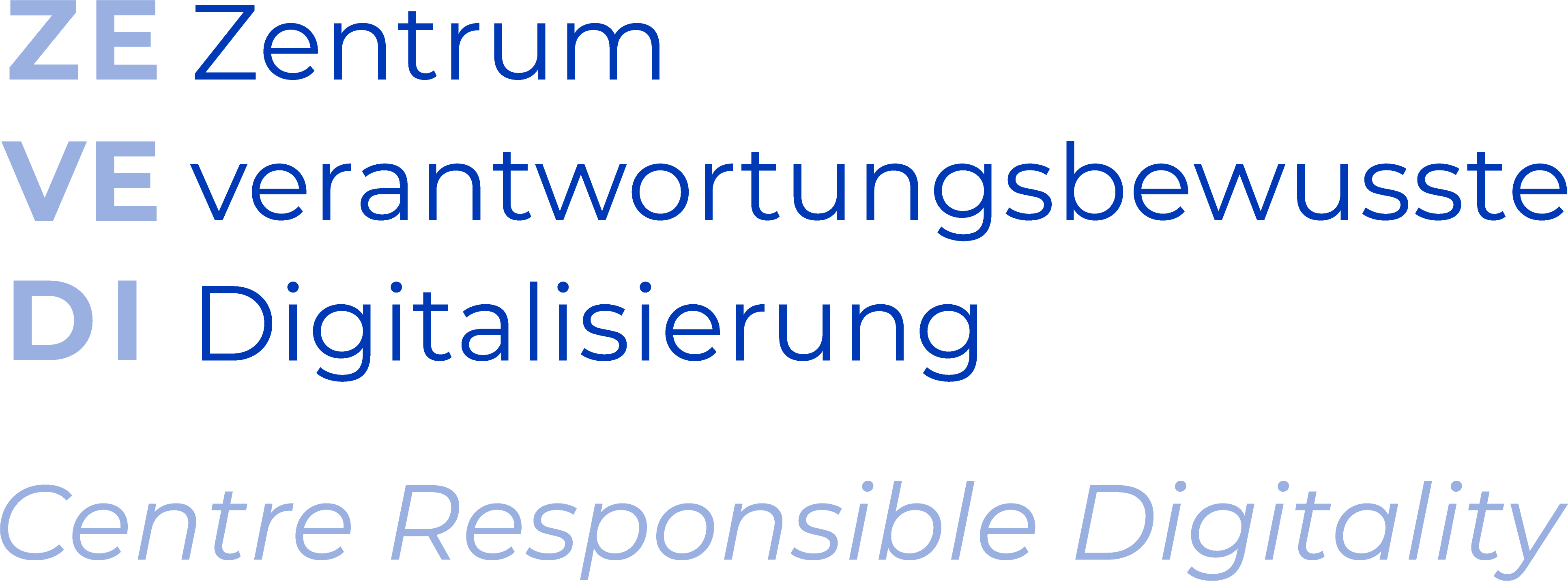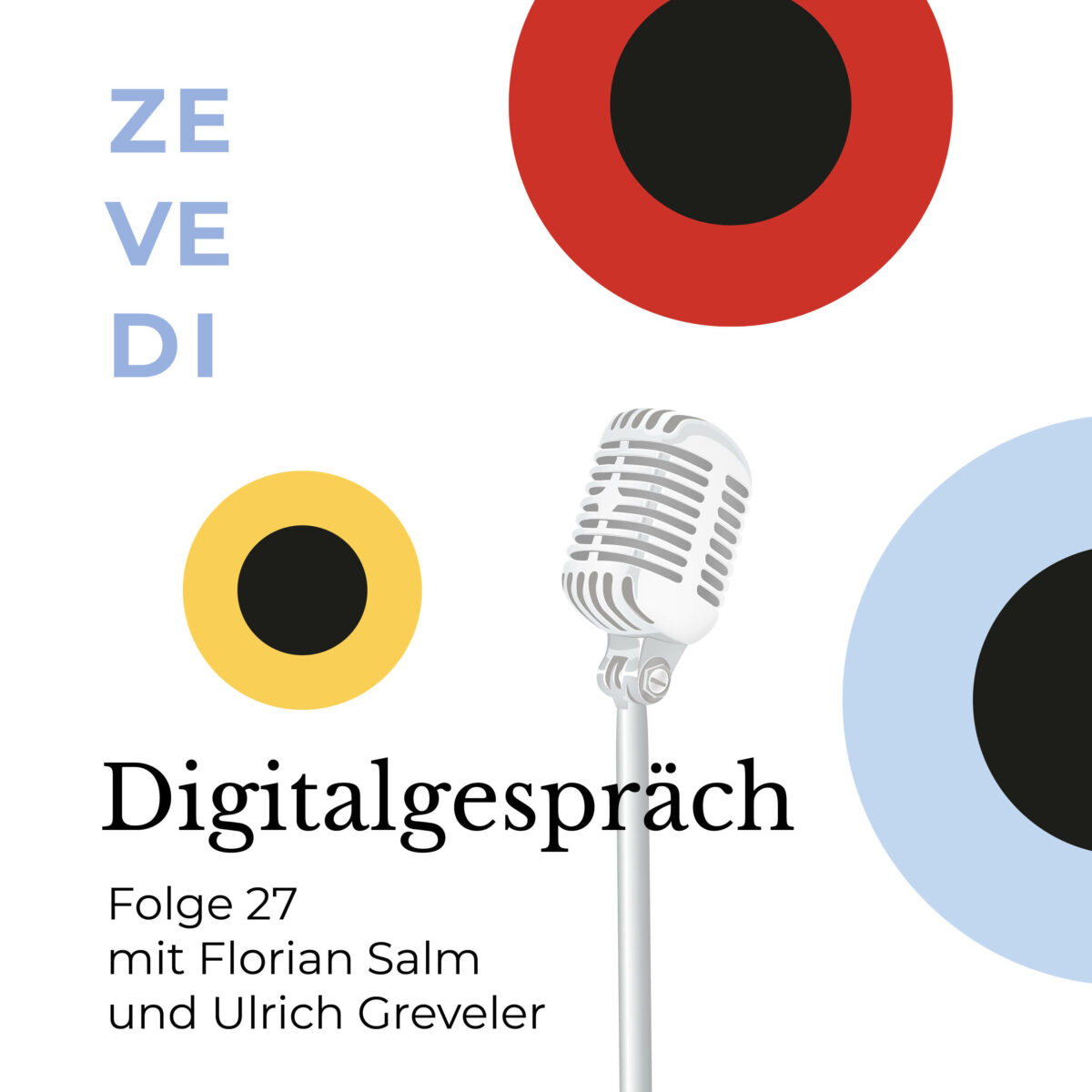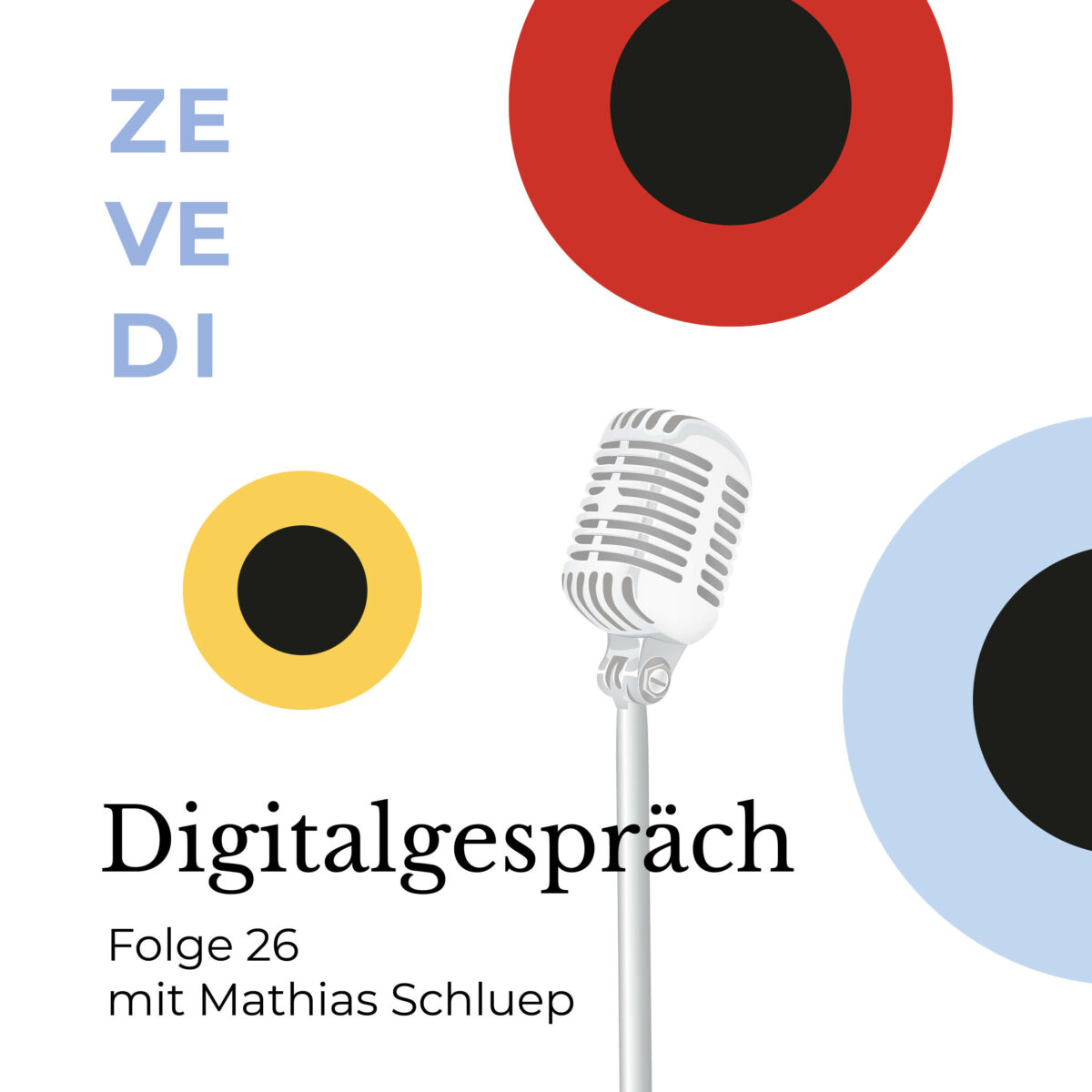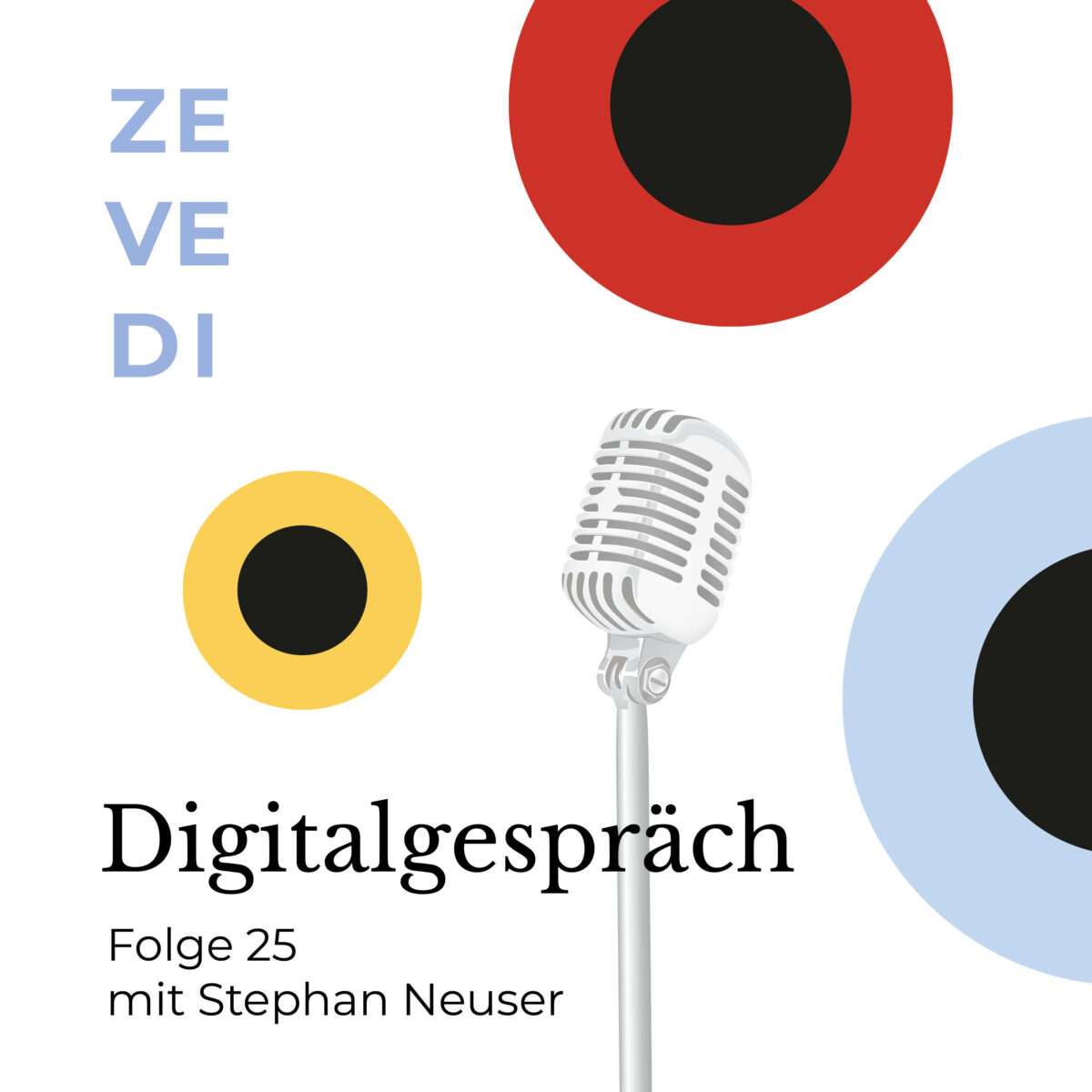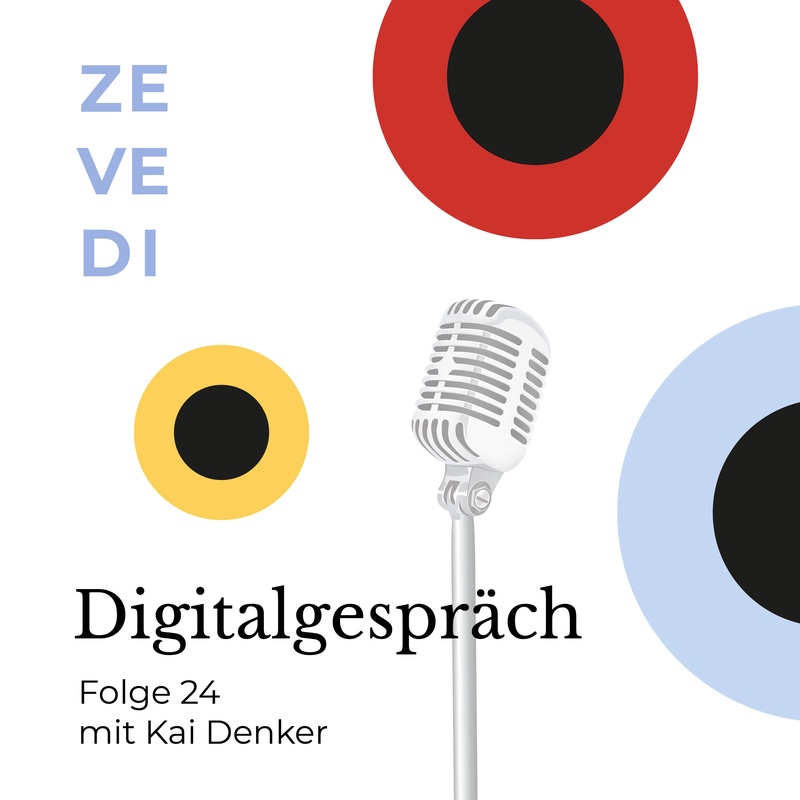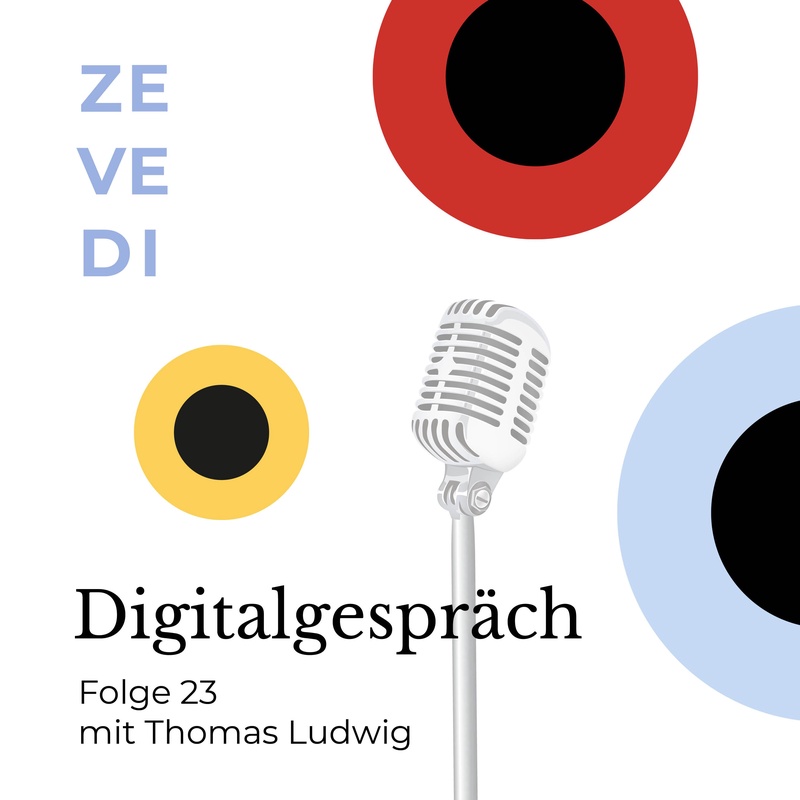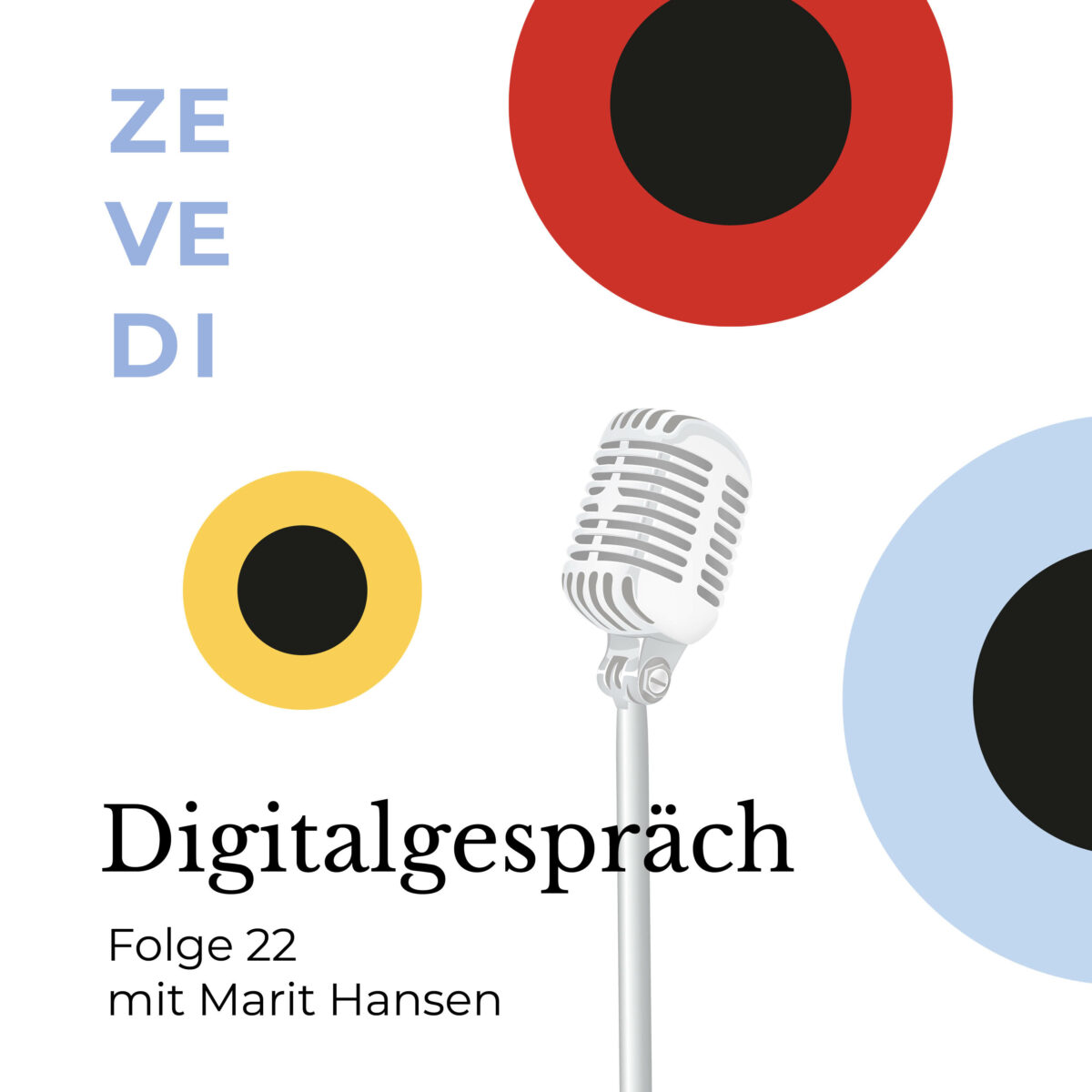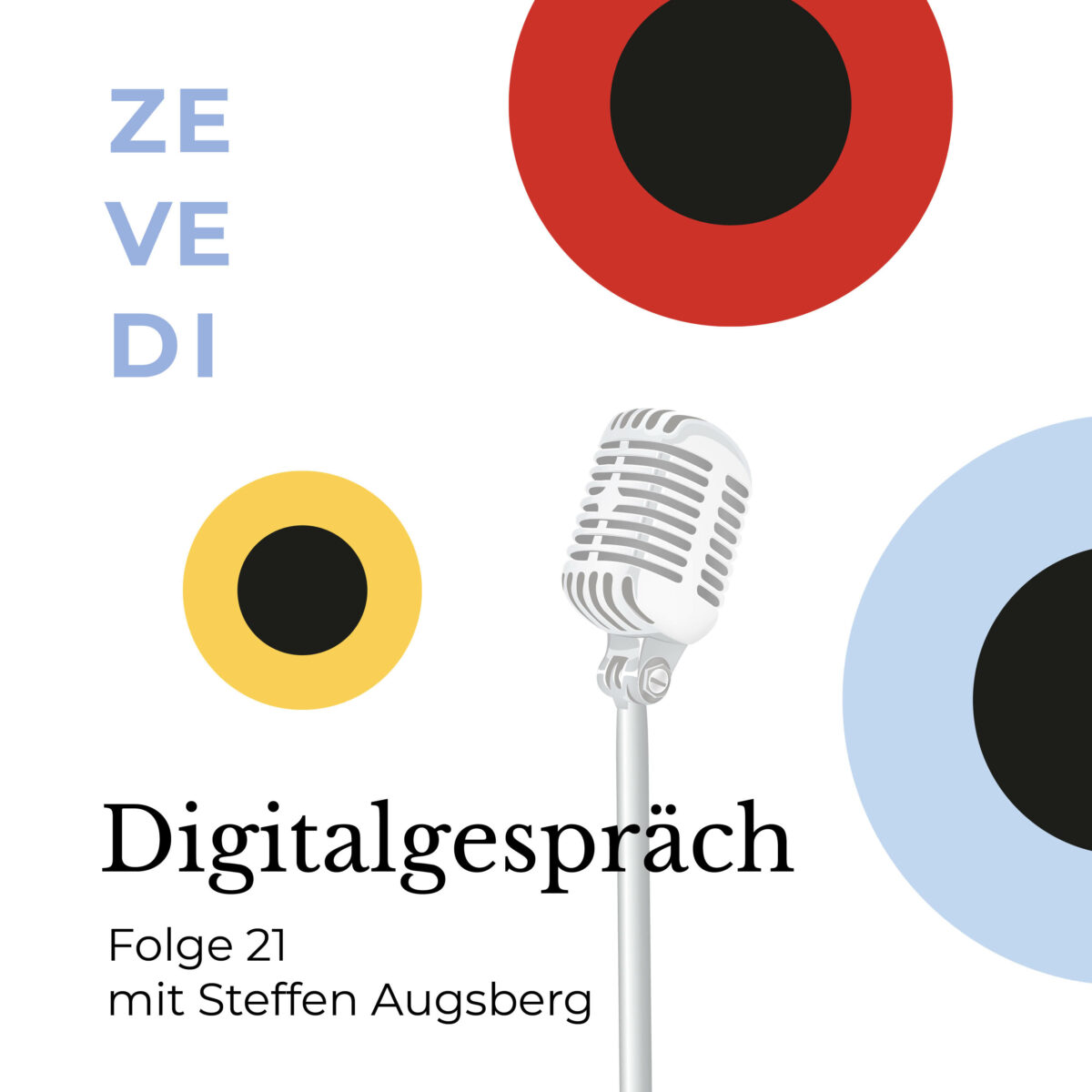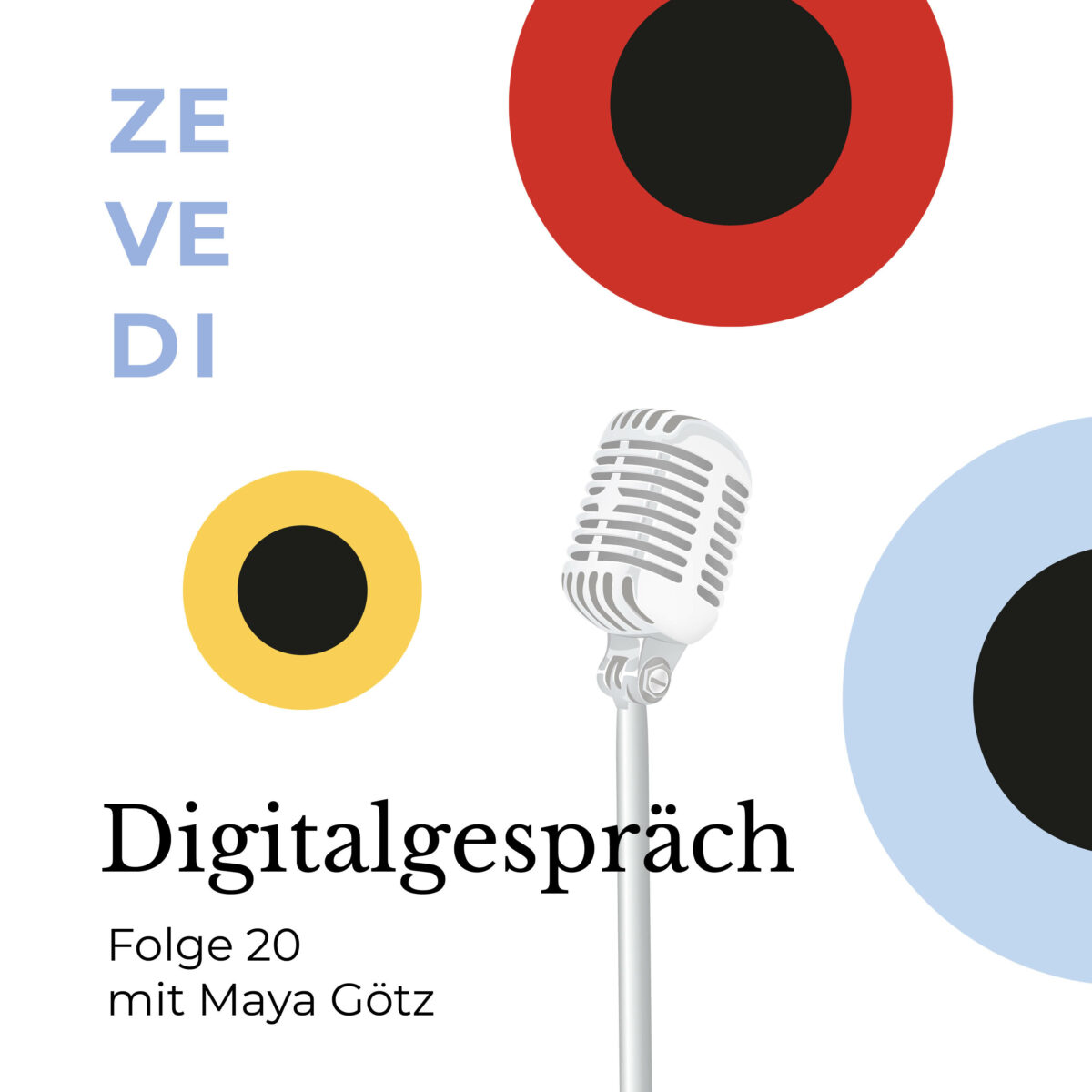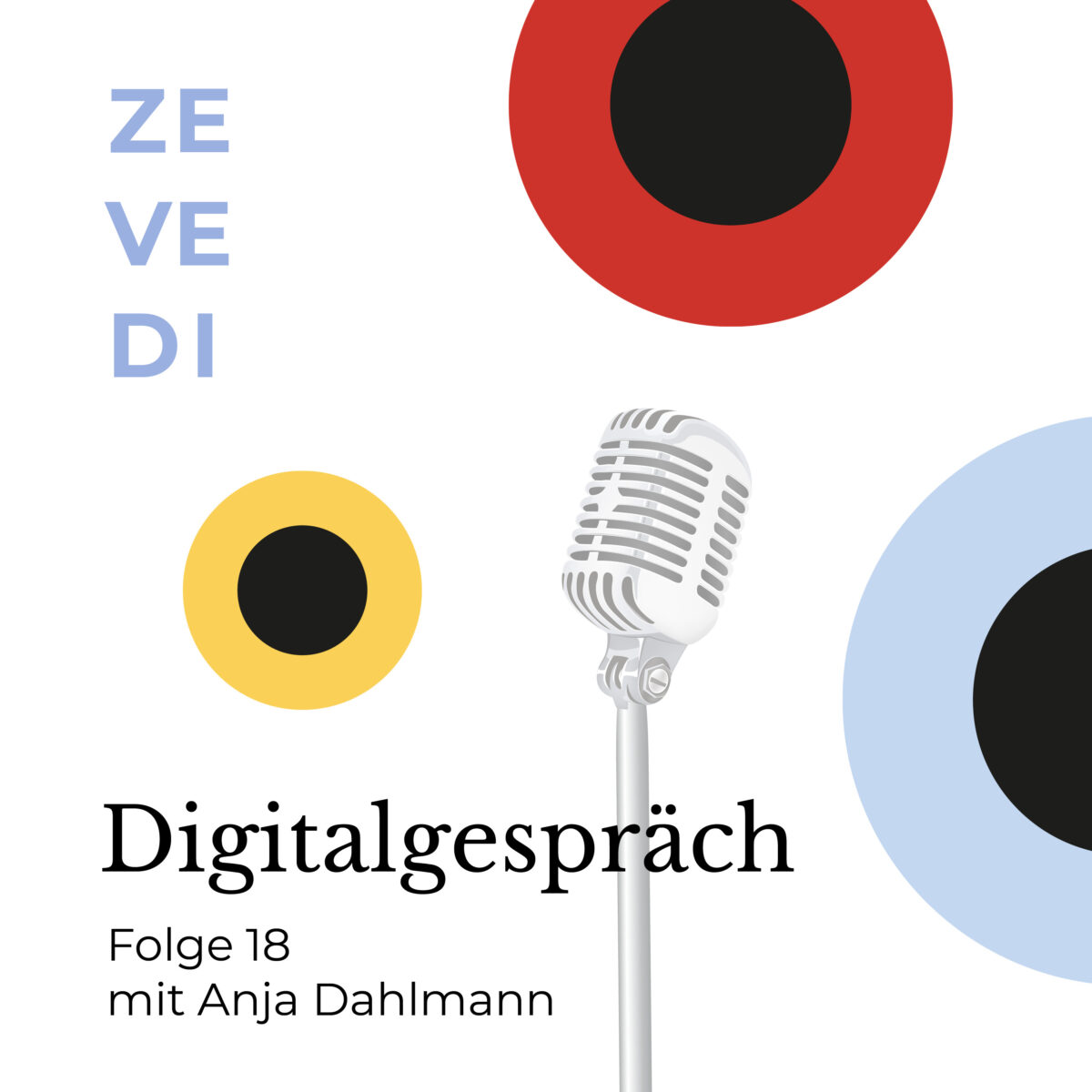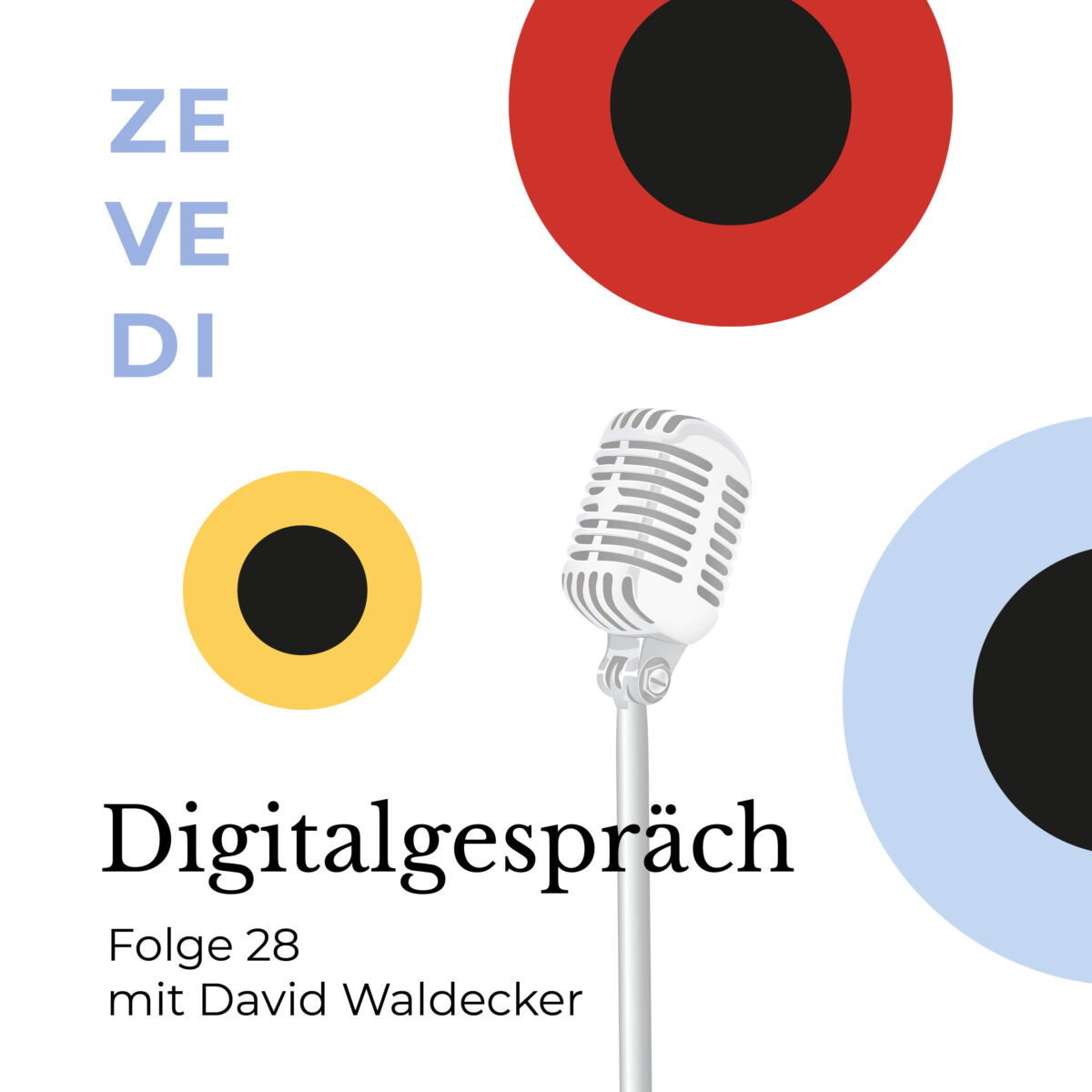
It has been ages since listening to music did require being in the same place as the musicians themselves. However, digitalisation has absolutely transformed the production, availability and consumption of recorded music. And alongside with it, the music market: we have become used to as good as any piece of music being available at any time, and – at least in private – practically free of charge. If we wish to experience music as something exclusive and special, we have to seek or create such opportunities consciously and intentionally. With the possibility of recording and distributing music via streaming platforms, however, it is not only our relationship to music as a cultural event that has fundamentally changed: Digital technologies are bringing about a variety of upheavals in music production itself; a development that is perceived, evaluated and embraced – or refused – in very different ways by musicians and fans alike.
Sociologist David Waldecker researches and teaches at the Media Studies Department of Universität Siegen and has intensively studied how music is produced in audio recording studios. In this episode of Digitalgespräch, the expert explains the significance of the studio and its respective technical equipment for music production, both historically and in a contemporary context. He describes the possibilities that digitality offers – both for amateur music makers, who can now independently produce their own music, and for professional musicians and producers. With hosts Marlene Görger and Petra Gehring, Waldecker discusses the tensions that can arise between digitality and authenticity and how digital technologies shape our listening habits. And, after all, what importance does the distinction between “analogue” and “digital” actually have when we engage in making, listening to and experiencing music?
Further informationen:
Link to the article “Machine Learning in Context, or Learning from LANDR: Artificial Intelligence and the Platformization of Music Mastering” by Jonathan Sterne and Elena Razlogova:
https://journals.sagepub.com/doi/10.1177/2056305119847525
Link to David Waldecker’s book “Mit Adorno im Tonstudio” on the sociology of music production:
https://www.transcript-verlag.de/978-3-8376-5701-2/mit-adorno-im-tonstudio/
all episodes of Digitalgespräch»
The podcast is in German. At the moment there is no English version or transcript available.
